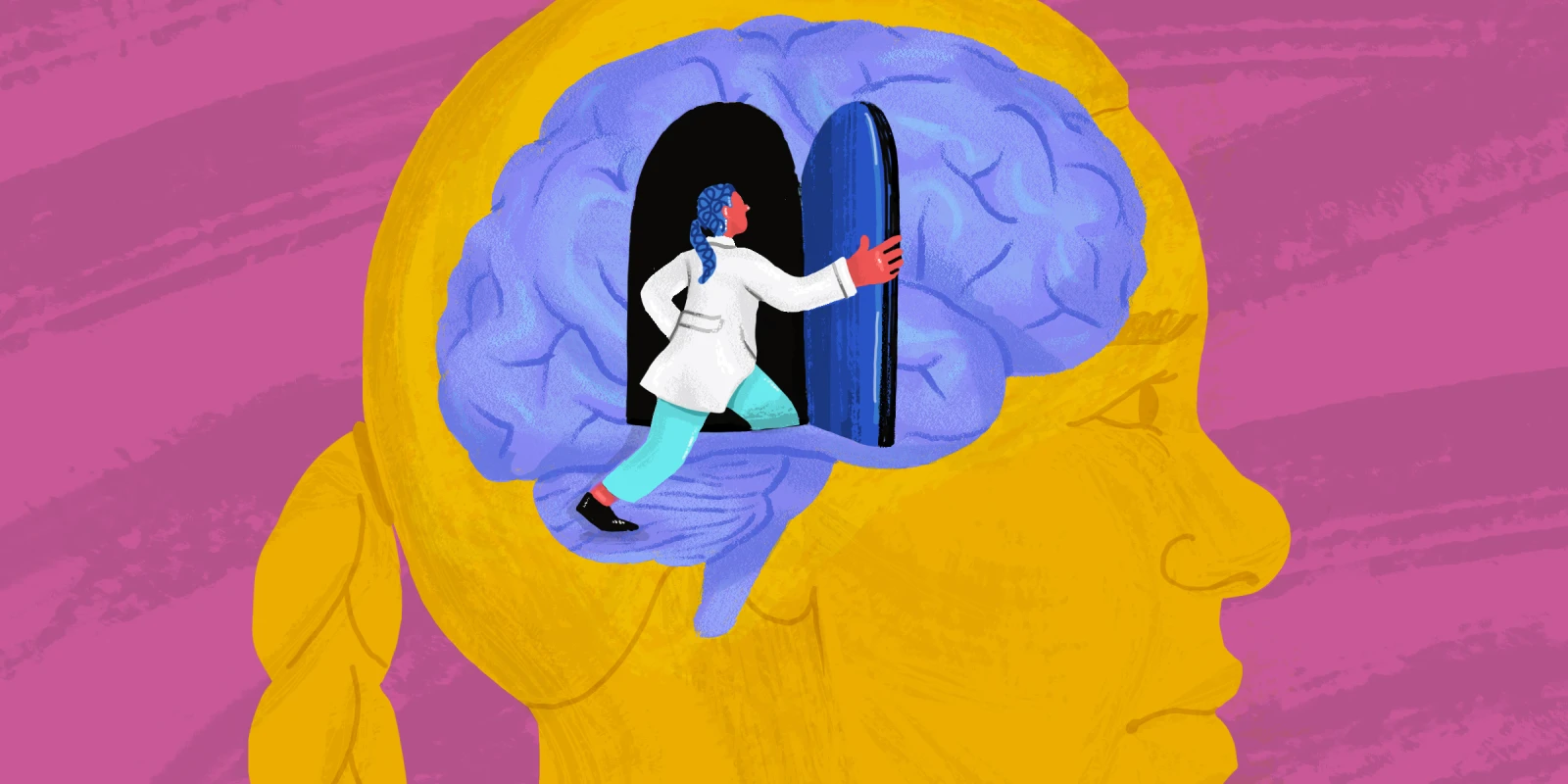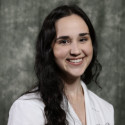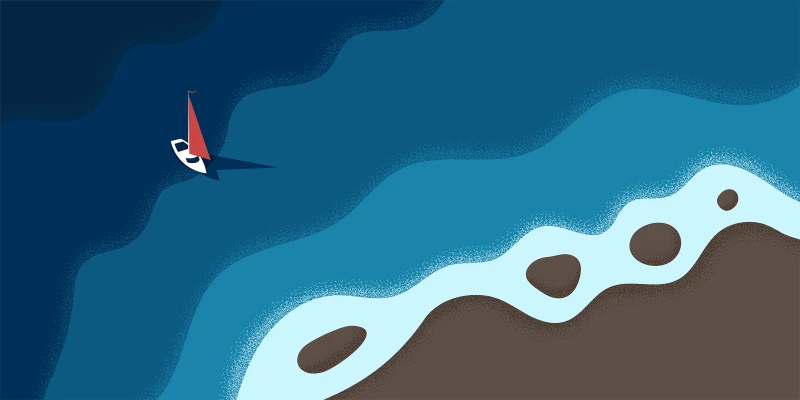The experience of self-diagnosing a serious disease or medical condition is not unfamiliar to most, but the all-consuming thoughts of believing you might have a brain tumor or a deep vein thrombosis become even more overpowering when your knowledge about the signs and symptoms of such conditions is vast. Having medical knowledge is helpful not only for our careers as health care professionals, but also in circumstances outside of our jobs. If someone on a plane needs medical assistance, physicians on board can rule out life-threatening emergencies. If a loved one is feeling ill, they turn to their physician relatives to ensure they are taking the necessary steps toward recovery. When we ourselves, however, feel there could be something wrong, it is easy for our minds to wander, suddenly convincing ourselves that we might have a rare disease that we learned about in a medical school textbook years ago. These torturous thoughts might not plague the minds of all, but they have affected me since before I began medical school and have continued to intensify proportionally with my increasing medical knowledge.
There are a handful of experiences that come to mind when I think about my struggle with illness anxiety disorder, and most of them have occurred after I started medical school. One of these instances happened shortly after a multi-hour flight from Peru. While walking outside, I became somewhat short of breath — immediately, my mind raced and started listing off possible diagnoses. I became fixated on the idea that I was experiencing a pulmonary embolism and would slowly experience the symptoms of hypoxia, some of which I thought had already crept in. I suddenly felt a dull pain in my right calf and a racing in my heart. I had convinced myself that the long flight from Peru mixed with my increased susceptibility to clotting had caused a thrombus in my leg, which had dislodged and embolized to my lungs. I stopped at a bench nearby, taking big deep breaths and slowing my heart rate. After I was able to calm myself, the leg pain, shortness of breath, dizziness, and tachycardia all subsided.
I think about that instance at the park and grant myself grace because I truly thought I was experiencing a medical emergency. It is interesting how illness anxiety can manifest in those who know what to look for in worst case scenarios. The leg pain I believed I was experiencing while short of breath was likely my brain’s way of rationalizing what was going on — I had a deep vein thrombosis that embolized to my lungs, causing dizziness, shortness of breath, and an increased heart rate. But would I have experienced those pseudo-symptoms had I not known the pathophysiology and clinical manifestations of a pulmonary embolism? The answer is likely not.
How aggressive we as medical professionals are with seeking medical attention or encouraging others to seek medical attention is also influenced by our vast knowledge about the pathogenesis and potentially fatal outcomes of multiple diseases and disorders. A family friend of mine, who is a physician, completed physical examinations on her immediate family and found that her father had a decreased sense of smell. Worried that her dad might have a brain tumor, she urged him to seek imaging as soon as possible, fearful that his symptom was a sign of something very serious. Much to her surprise, he was experiencing a symptom of chronic sinusitis, not a malignancy. When she and I discussed this later, we concluded that a patient coming into our clinic with a slightly decreased sense of smell, lacking any other symptoms, would not prompt us to immediately consider a brain tumor. Although we must always keep the "worst-case-scenario" diagnoses in mind, there appear to be less biases affecting our judgment when it comes to those who are not ourselves or emotionally connected to us.
What I and those close to me have experienced in the realm of illness anxiety disorder is not unique among medical professionals. Although most people have to turn to Google to learn about potential diagnoses relating to symptoms they may be experiencing, those in the health care field do not have to go searching for answers many times. We are often unable to be oblivious to the signs and symptoms of both fatal and non-fatal medical conditions, making the prevalence of illness anxiety disorder considerably higher among those in the health care field. Making sure that we are using our knowledge while reminding ourselves to think rationally when diagnosing those close to us, including ourselves, with any sort of medical condition is imperative for our mental well-being.
What have you accidentally “diagnosed” yourself with? Share in the comments.
Elise Freij is a third-year medical student at Kansas City University College of Osteopathic Medicine and Biosciences interested in inpatient psychiatry. She has a passion for understanding and validating each patient’s individual experience.
Illustration by Diana Connolly







